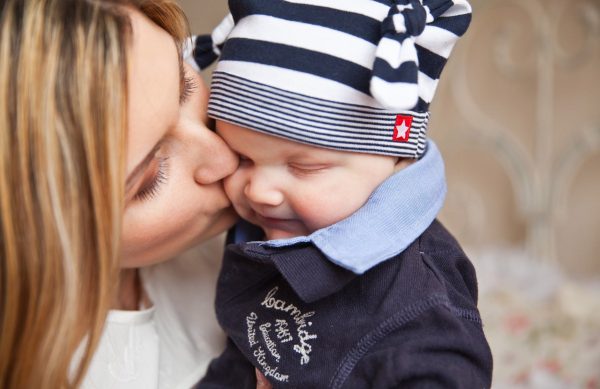A tired baby drops off right to sleep when you soothe them. An overtired baby fusses and fights sleep to the point where you feel physically exhausted when they finally close their eyes. If you’re like us, it’s safe to assume that you much prefer the first scenario! In this blog, we help you recognise when you’re baby is tired so that you can avoid the latter and make the former situation your norm.
Learn to read your baby’s signs
As babies can’t talk, their body language and cries are how they communicate.
It’s really important for parents to recognise the behavioural cues of their baby, especially when it comes to sleep as babies need a lot of it, particularly in the early days.
Only when you start to recognise when your baby is tired and ready for sleep can you respond to their needs and put them down for a nap before they get overtired.
Here are 9 signs of a tired baby:
- Yawning
- Fluttering eyelids
- Closed fists and rubbing eyes
- Pulling at ears
- Frowning
- Looking worried
- Rigid/tense hand and leg movements
- Arching backwards
- Staring off into space sleepily and turning their face away from any stimulation

It can be difficult for parents to recognise the visual cues that babies make when they are tired, but like most things in life, we learn by trial and error.
Although these are very common signs of tiredness, your baby is unique so watch them regularly and learn to understand their own tired signs.
Is your baby crying, fussing and acting unsettled?
This behaviour is usually the last cue that your baby will give you when they’re tired and it usually means that they are now overtired.
At this point, your baby’s body is past the point of being ready to sleep and is so physically fatigued that their stress response has been activated. As stress hormones such as adrenaline enter their bloodstream, this is what results in a crying and seemingly inconsolable baby that won’t relax and calm down.
It’s important to remember in these moments that this is not your baby’s fault; being overtired makes it extremely hard for your baby to relax and fall asleep. The best thing to do in these moments is to first calm your baby down and then you can settle them to sleep.

Read: 12 Tips to Soothe Your Crying Baby
Develop a daily routine
The best solution for both you and your baby is to learn to recognise the visual cues of tiredness so that you can put your baby to sleep easily on time. That way you prevent your baby from becoming overtired and you also avoid the stress that comes with this for both of you.
As a general rule, it can be helpful to remember that babies need to sleep often:
- A newborn can handle no more than 45-60 minutes of awake time.
- A 3-6-month-old can handle no more than 1.5-3 hours of awake time.
- A 6-month-old can handle no more than 2-3 hours of awake time.
If you bear this in mind and learn to recognise the subtle tired signs as they arise, then you should be able to develop a sleep routine that results in a well-rested, happy and healthy baby.
Remember, early signs of tiredness can be easy to miss so don’t be too hard on yourself. Watch your baby over time and trust your instincts, you’ll soon be very tuned to what they are trying to tell you.

At Schoolhouse Daycare, we enjoy learning, encouraging confidence and we love life! If you think your child would enjoy life at Schoolhouse, then please do not hesitate to arrange a visit.

